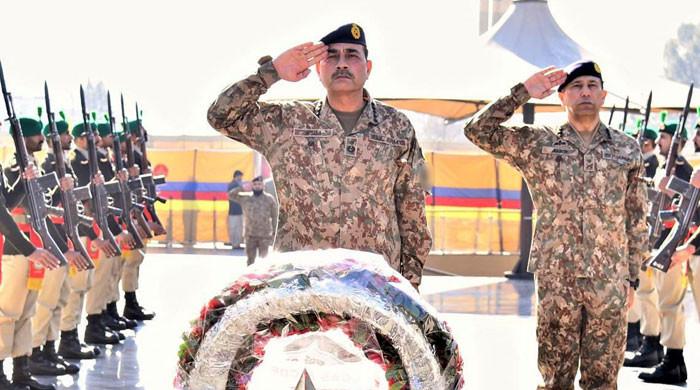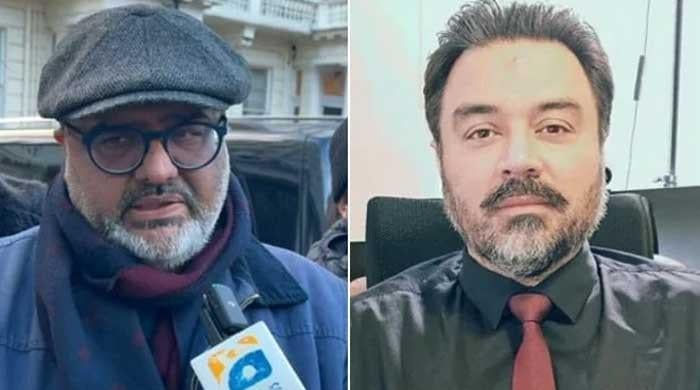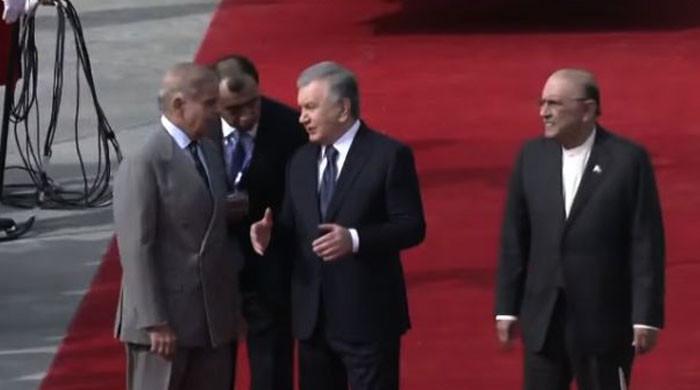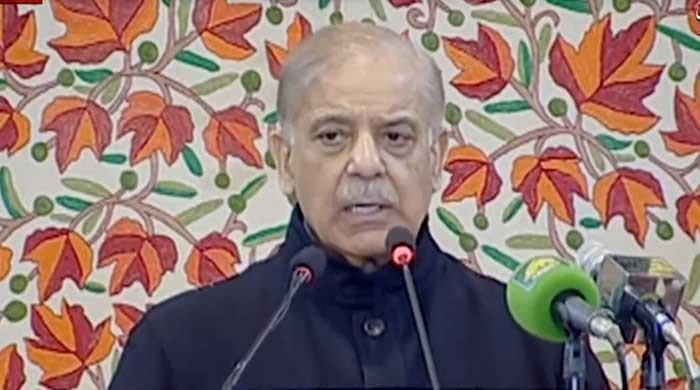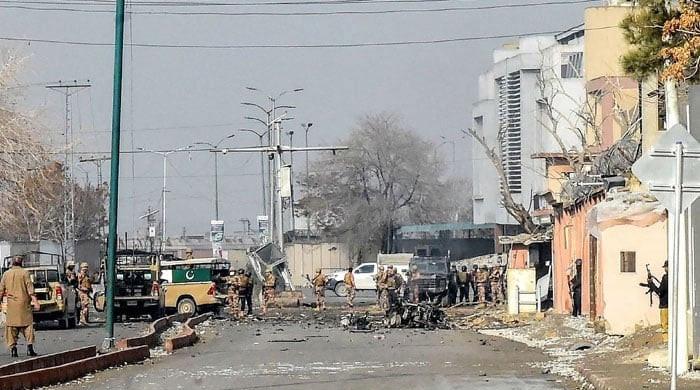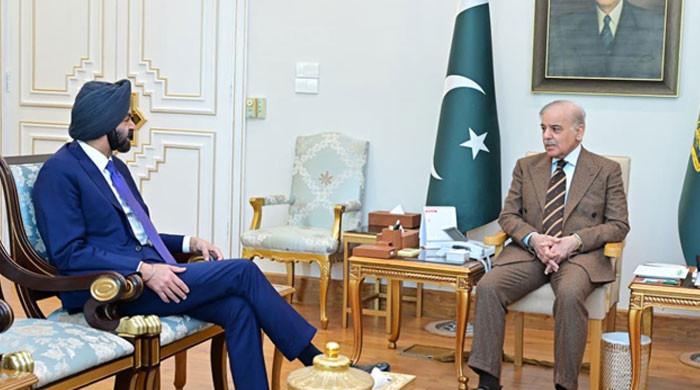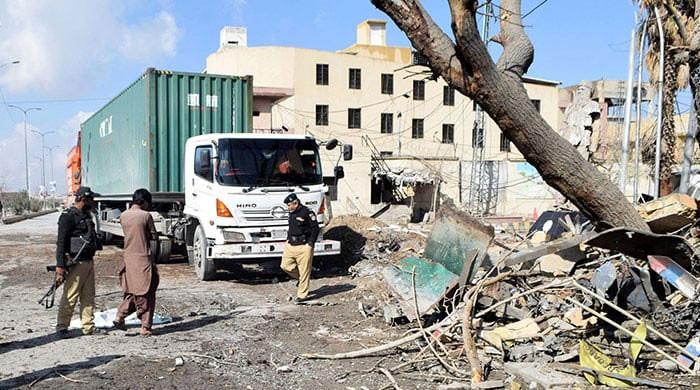Britain denies supporting Qadri, others
LONDON: Britain has made it clear that it was not supporting charismatic cleric Dr Tahir ul-Qadri or anyone else involved in Pakistan.“We do not interfere in Pakistani politics. We are not...
January 16, 2013
“We do not interfere in Pakistani politics. We are not sponsoring Qadri’s campaign in Pakistan or any other campaign in Pakistan,” a foreign office official told The News on Wednesday during an interview. Speculation has grown whether Dr Qadri, who has appeared all of a sudden on Pakistan’s national scene, has the support of Britain, Canada and other western countries.
Speaking to this scribe about Britain's stance on the current situation in Pakistan, including the sit-in in Islamabad by the Allama Dr Tahir ul-Qadri and the Supreme Court’s order for the arrest of Pakistani Prime Minister Raja Pervaiz Ashraf, the official at the Foreign & Commonwealth Office (FCO) said that Britain fully respected Pakistan’s constitution and was keenly interested in a secure and stable Pakistan.
“A strong, stable, constitutional democracy and a legitimate transfer of power in the upcoming elections are firmly in the interests of Pakistan,” said the spokesman during the interview.
She said: “Elections (in Pakistan) should be held on time and managed by the independent Election Commission.”
When asked about the demand of Dr Qadri and others about the formation of a caretaker set-up, the spokesperson said that Britain would like to see an impartial caretaker government put in place “as set out in the constitution”. But the spokesperson added meaningfully: “It (the caretaker set up) should last its proper term and no longer.”
When asked about the court orders for the arrest of PM Raja Pervaiz Ashraf, the spokesperson refused to comment on this specific case due to its legal nature but commented: “We encourage all institutions involved to respect the constitution and help ensure stability.”
Meanwhile, Britain’s media said on Wednesday and said that the country is facing a deepening crisis as the government seems helpless to deal with the situation in the wake of Tahir ul-Qadri’s sit-in protest and the Supreme Court order for the arrest of Prime Minister Raja Pervaiz Ashraf.
Newspapers quoted the prime minister's advisor Fawad Chaudhry as alleging that the judiciary and the army were working in concert against the government to install an administration of its choosing. He alleged that the “the establishment working” “to dismiss the government and put in a long-term interim set-up”.
The Guardian said “few people question that Ashraf has a case to answer for his alleged involvement in a corruption scandal when he was minister in charge of electricity” but quoted analysts who feared a plot to install a government of army-backed technocrats that could rule for an extended period.
The Independent said: “While all of Pakistan’s governments have been criticized for corruption and misrule, critics say that Mr Zardari’s tenure has taken graft to new heights, while failing to tackle basic problems, including terrorism and an acute shortage of gas and electricity.”
The Telegraoh said: “If 111 brigade, which has played a role in securing key buildings in the capital in previous coups, stays in its Rawalpindi barracks then Mr Zardari's fragile coalition should hold together. The country is already awash with evidence-free conspiracy theories that place the military at the centre of a plot to oust the government.”
The paper said that western governments have poured billions into Pakistan to shore up its fragile democracy. Its nuclear weapons, Taliban militants and polio reservoirs mean the world has an interest in seeing Pakistan enter a period of stability. The protestors told the paper that they had reached Islamabd becaus there is no employment, food, fuel, health, and wealth.
The Financial Times quoted Western diplomats as saying that “Qadri protests posed one of the biggest threats to Mr Zardari’s government since he was elected in 2008”. “This is clearly Zardari’s most difficult challenge so far,” said one diplomat.





